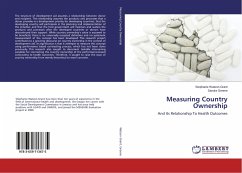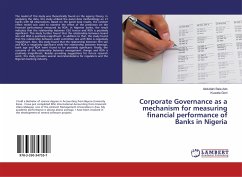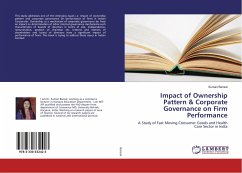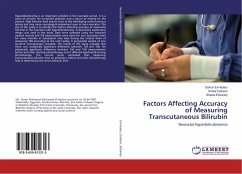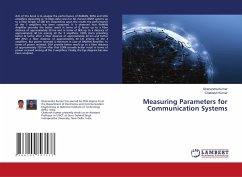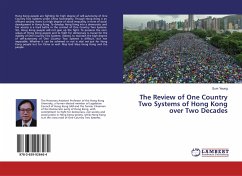The structure of development aid assumes a relationship between donor and recipient. This relationship assumes the products and processes that a donor provides is a development priority for developing countries; that the developing country will participate in the planning and implementation of the initiative; and that the host government will maintain and sustain the products and processes after the developed countries or donors have discontinued their support. While country ownership's value is assumed to be beneficial, there is no universally accepted definition and no systematic measurement of the concept has been developed. This research project contributes to a growing discourse on country ownership in the context of development aid. Its significance is that it attempts to measure this concept using performance based contracting process, which has not been done previously. This research also sought to document testable intervening variables for connecting the country ownership of the performance-based contracting to health outcomes. Therefore, it sought to raise the issue of country ownership from merely theoretical to more concrete.
Bitte wählen Sie Ihr Anliegen aus.
Rechnungen
Retourenschein anfordern
Bestellstatus
Storno

